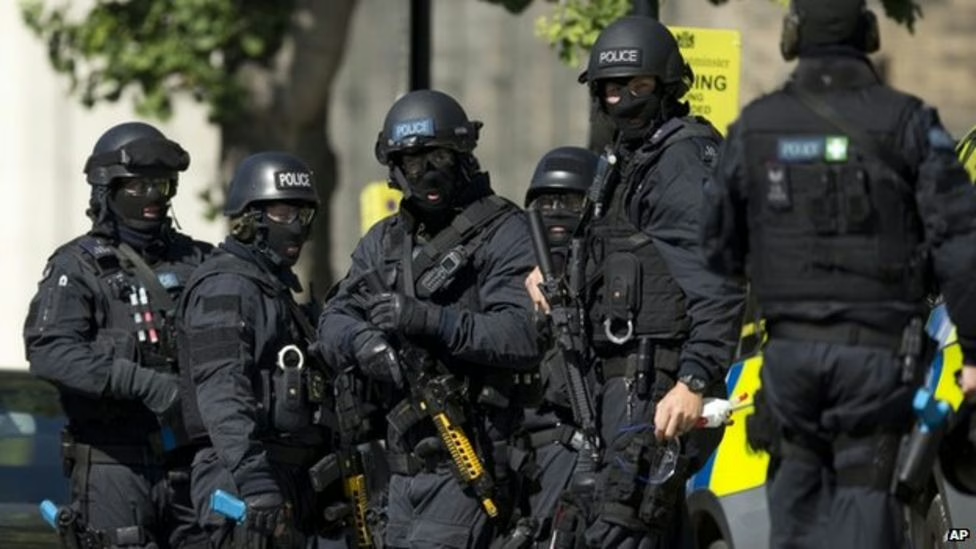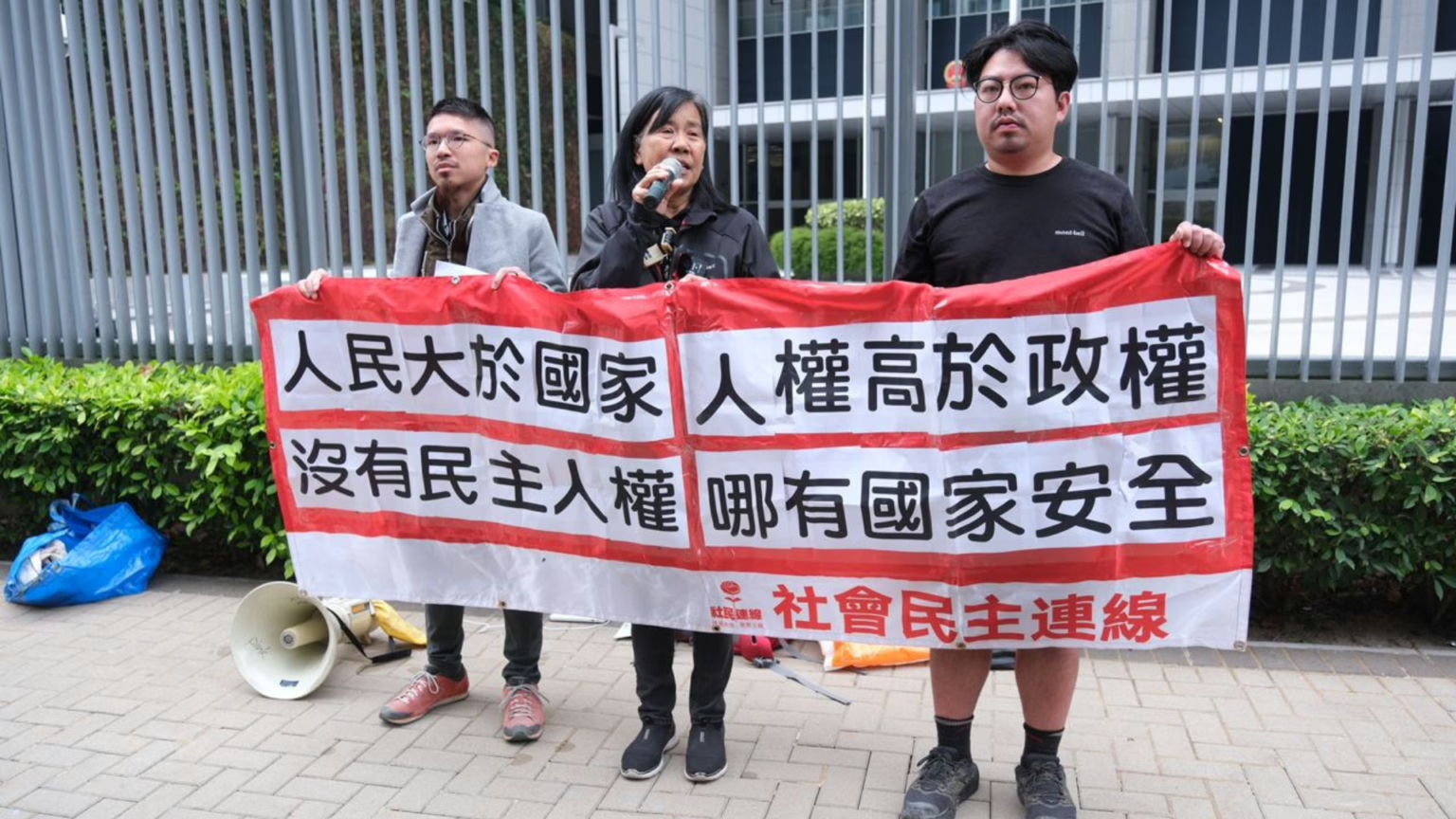MI6 and security experts have issued an urgent warning that the UK faces a heightened risk of terrorist attacks, driven by escalating Middle East tensions and direct threats from Iran. Tehran has explicitly cautioned the British government against supporting Israel, threatening retaliation if it does. Amid fears of reprisals, this report examines why the terror threat is rising, whether the UK will continue backing Israel, Iran’s potential responses, the government’s preventive measures, and how citizens can stay safe.
Why the UK Faces a Growing Terror Threat
The Middle East is on a knife-edge after Israel’s recent airstrikes on Iran’s nuclear facilities and military leadership, met with Iran’s retaliatory missile and drone assaults. Reports indicate that Iran has warned the UK, US, and France that assisting Israel in countering its attacks could make their regional military bases and vessels targets. Iran’s Foreign Minister Abbas Araghchi has vowed a “decisive response” under the UN Charter, singling out the UK as a potential target due to its past role in intercepting Iranian drones and missiles aimed at Israel.
Former MI6 chief Sir Alex Younger warned that Iran could resort to “asymmetric warfare,” including terrorism, cyberattacks, and economic disruption. He cautioned that a desperate Iranian regime might target UK military bases, such as RAF Akrotiri in Cyprus. Iran’s “Axis of Resistance”—including Hezbollah, Yemen’s Houthis, and Iraqi militias—could launch proxy attacks on British interests. MI5 has already thwarted 20 Iran-backed plots since 2022, underscoring the growing domestic threat.
Will the UK Continue Supporting Israel?
The UK government has urged restraint in the Israel-Iran conflict, with Prime Minister Sir Keir Starmer calling for de-escalation. While the UK has not directly joined Israel’s recent military actions, it has previously aided Israel by intercepting Iranian drones and missiles in April and October 2024. Royal Air Force (RAF) jets and tankers deployed in the Middle East are focused on protecting British assets, not engaging directly in the conflict.
Despite Iran’s warnings, the UK’s stance hinges on complex factors. Sources suggest that if US President Trump orders military action against Iran, the UK might offer limited support, such as allowing US B-2 bombers to use the British-controlled Diego Garcia base to strike Iranian nuclear sites. However, the Attorney General has advised that any action must be defensive to comply with international law. Starmer has stressed that decisions will prioritise “national interest,” leaving open the possibility of intelligence or logistical support for Israel.
Unverified claims have surfaced alleging UK coordination with Israeli intelligence and the use of its Cyprus base to shelter Israeli jets. While the government has not confirmed these, they fuel Iran’s suspicions. Given the UK’s long-standing concerns over Iran’s nuclear ambitions and its support for Israel’s security, limited cooperation seems likely, though direct military involvement remains improbable to avoid provoking Iran further.
Iran’s Potential Retaliation
If the UK is perceived to back Israel, Iran could retaliate in several ways:
- Attacks on UK Military Assets: Iran’s advanced missile and drone capabilities could target RAF Akrotiri in Cyprus or Royal Navy facilities in Bahrain. Experts warn Iran’s asymmetric tactics enable rapid strikes on Western targets.
- Proxy Terror Attacks: Iran-backed groups like Hezbollah or the Houthis could target British embassies, citizens, or commercial interests. The Houthis, aligned with Iran, may escalate attacks on Red Sea shipping, hitting UK economic interests.
- Cyber Warfare: Iran could launch cyberattacks on UK infrastructure, such as power grids, communications, or financial systems. MI5 has flagged Iran’s use of criminal gangs for sabotage or arson.
- Strait of Hormuz Blockade: Iranian MP Esmail Kowsawi hinted at closing the Strait of Hormuz, through which 20% of global oil flows. The UK Maritime Trade Operations (UKMTO) has reported increased electronic interference in the strait, signalling potential disruptions to global energy supplies and the UK economy.
Analysts warn that a cornered Iran might pursue “unthinkable” risks, including global intelligence operations or terrorist plots, combining military, economic, and diplomatic pressure.
Government’s Preventive Measures
The UK government is bolstering its defences:
- Military Deployment: Starmer has authorised additional RAF jets and tankers to the Middle East to protect British assets and deter escalation. Royal Navy minesweepers in Bahrain are ensuring the Strait of Hormuz remains open.
- Intelligence Operations: MI5 and counter-terrorism police are intensifying surveillance of “lone wolf” attackers and terror networks, with over 100 regulations revised to expand armed forces recruitment.
- Diplomatic Efforts: Foreign Secretary David Lammy is engaging with Iran’s Araghchi and allies to de-escalate tensions. The UK backs G7 and European efforts to curb Iran’s nuclear ambitions and prevent regional conflict.
- Sanctions: Over 400 sanctions target Iran’s military leadership and Islamic Revolutionary Guard Corps (IRGC), including its drone and missile programmes, to limit its capabilities.
Government Response to a Terror Attack
Should a terrorist attack strike the UK or its overseas assets, the government’s contingency plans include:
- Intelligence and Law Enforcement: MI5 and counter-terrorism police will coordinate with local authorities to identify suspects and prevent further attacks. The national terror threat level, currently “substantial,” could rise to “severe,” with increased armed patrols at key sites.
- Cyber Defence: The National Cyber Security Centre (NCSC) will work with global partners to protect critical infrastructure like power and communications.
- Citizen Safety: The Foreign Office will organise evacuations for Britons in Israel or other Middle East hotspots, urging citizens to avoid travel to these areas and register for safety alerts.
- War Readiness: Starmer has activated a Cabinet “war footing” protocol, placing the military and intelligence services on high alert to counter potential US-led action against Iran.
How Citizens Can Stay Safe
The government urges the public to remain vigilant and take these steps:
- Stay Alert: Watch for suspicious items or behaviour in crowded places like stations, airports, or events. Report concerns to police via 999 or the anti-terror hotline (0800 789 321).
- Follow Official Advice: Check government websites and Foreign Office travel warnings for updates.
- Prepare Emergency Plans: Families should create evacuation and communication plans for crises.
- Cyber Hygiene: Avoid clicking unknown links or sharing sensitive data to prevent phishing or ransomware attacks.
- Community Vigilance: Join Neighbourhood Watch schemes to monitor suspicious activity locally.
MI5 stressed: “Public vigilance is a cornerstone of our counter-terrorism efforts. Stay calm but report anything suspicious immediately.”
Conclusion
Iran’s stark warnings and the Middle East’s spiralling conflict have thrust the UK into a precarious position. While the government pursues diplomacy and de-escalation, its role as a Western ally and past support for Israel make it a potential target for Iranian retaliation. With robust military, intelligence, and diplomatic measures in place, the government is bracing for worst-case scenarios. Public cooperation and alertness are vital to bolstering national security in these uncertain times.
Discover more from “Bridging Hongkongers. Reporting Truth.”
Subscribe to get the latest posts sent to your email.




